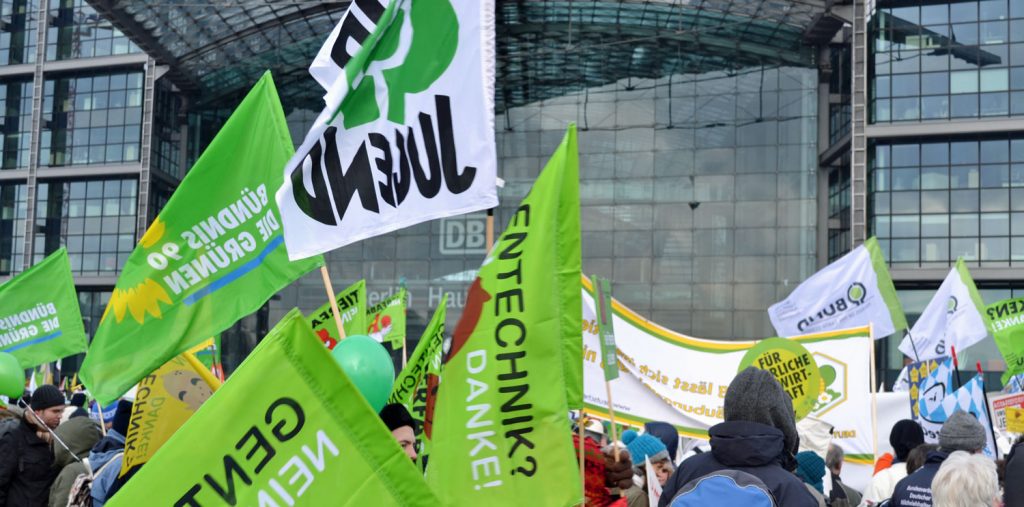New proposals to grant national governments more say over cultivating genetically modified (GM) crops on their territory where discussed today in the European Council. The proposals, if agreed, represent an empty offer, according to Friends of the Earth Europe, providing little legal basis for countries who oppose GM crops, and extreme bias to companies who profit from GM technology.
Mute Schimpf, GMO campaigner for Friends of the Earth Europe said: “National governments need solid legal grounds to ban genetically modified crops. Instead, the European Commission is offering a poisoned chalice – giving more powers to biotech companies and opening up governments who oppose GMOs to legal challenges. This is no way to keep Europe’s fields free of these unwanted crops.”
Under the current proposals, national governments who oppose GMOs would be forced to ask biotech companies, like Monsanto and Syngenta, to exclude them from authorisation applications. This puts governments and citizens who oppose GM crops on the back-foot against the biotech industry’s desire for profit, according to the organisation.
The proposals also offer vague, non-scientific legal grounds upon which to ban GM crops, opening up countries to legal challenges from biotech companies. There is overwhelming public and political opposition to GM crops – last month, 19 European countries opposed a new GM maize from Pioneer, a move supported by the European Parliament and the majority of EU citizens.
Mute Schimpf continued: “For more than 15 years national governments have fought against new GM crops and strongly defended their rights to ban them. Nobody needs GM crops except the companies that push them. We need to change farming so it can provide sufficient food for the future whilst protecting nature and revitalising rural communities.”
The European Commission must ban the new controversial genetically modified (GM) maize and provide genuine powers to national governments to keep their fields GM-free.







